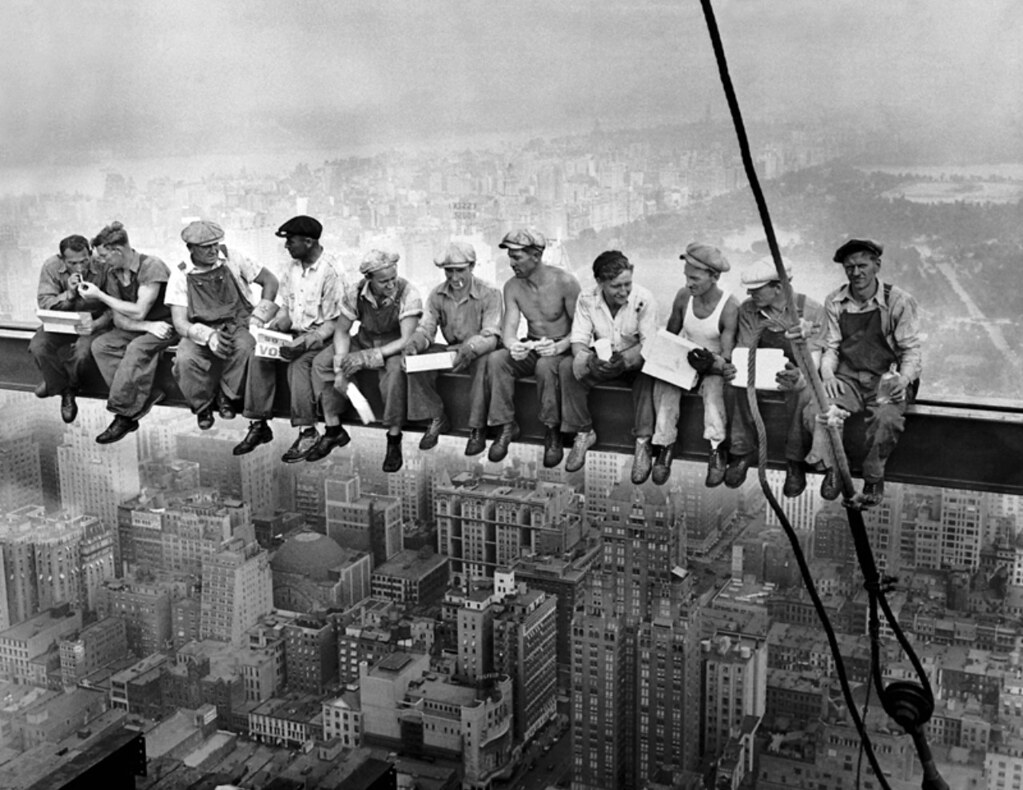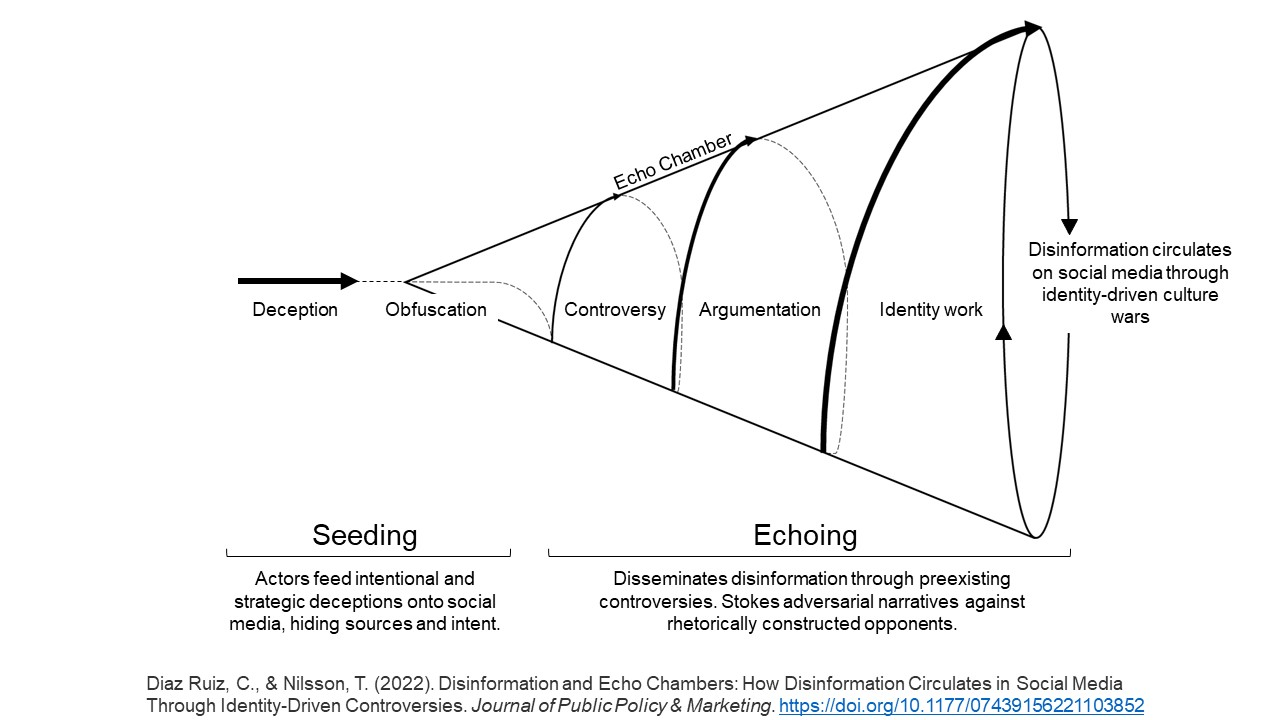The current flap on Bluesky comes from an interview with Hawaii Senator Brian Schatz, specifically the following passage:
But I think this question of language goes pretty deep. And it goes to not just being careful not to say things that are egregiously weird sounding, but it’s also the way we interact with advocacy groups. I remember saying I was for a cessation of hostilities in Israel and Palestine. And people said why don’t you say ceasefire? I’m thinking, that’s literally the same thing. I remember saying I was for a big, bold climate bill. And someone said why don’t you say Green New Deal? And this idea that there are magic words that we must be forced to say defines progressivism and political courage by essentially saying whatever a bunch of activists want us to say, as opposed to doing the thing. And I think that there are a bunch of people who see what we’re doing as performative, for that exact reason. But it’s also just alienating. This magic words thing has to go away.
He's getting dunked on for this, specifically by people mocking the notion that "ceasefire" is an example of "egregiously weird" language.
I'm actually going to come to Schatz's defense here, though, because I think he's being misunderstood, and I don't think he's saying that the word "ceasefire" is an example of "egregiously weird" language (which it obviously isn't). Rather, Schatz is saying that there is a different, additional problem on top of the use of weird terms -- the problem where (some) activists insist that if you don't use the exact term they use, you're an enemy, even if substantively you're supporting the same things.
This is what the "ceasefire" example is all about. Schatz calls for a "cessation of hostilities". Some activists get mad at him because it doesn't use the particular word "ceasefire". And Schatz's point is that's a really dumb thing to get mad about, when he supports the same basic substance contained in the word "ceasefire", just expressed in slightly different language. It would also, I think, be dumb for someone who supported "cessation of hostilities" to get mad at someone else who is calling for a "ceasefire", and to insist that they should say "cessation of hostilities" instead. They're saying the same thing, so who cares about minor differences in phraseology! It's sort of the opposite of the "egregiously weird" critique -- here the words really don't (or shouldn't) matter, but people act as if they're everything and the policy content is nothing. If you don't utter the magic words, it doesn't matter if you're in agreement on the actual substantive policy question. That sort of behavior is Schatz suggests, reflective of persons who think it's more important to "perform" being better than others (which they demonstrate by use of the "magic words", and by contrasting themselves with those who don't) than it is about people looking to build power. It is toxic, and it is self-destructive.
To be sure, the fact that this criticism is in many ways the opposite of the "weird language" criticism suggests that we're going to encounter line-drawing problems. Sometimes the use of different words meaning the same thing is immaterial, and we should ignore it; other times certain words are deemed to be outright "weird" or alienating and we should tamp down on them. Which is which? The example Schatz offers in the previous paragraph, of saying "center" (as in "I’m going to center the needs of the working class."), strikes me as thin gruel -- is that really that weird or esoteric? "Latinx" is another popular one Schatz suggests, and maybe it's more clearly on the esoteric side of the line; but again, one could easily say "I use 'Latino', you use 'Latinx', but we're clearly talking about the same damn thing so why pitch a fit over the exact language being used?"
Nonetheless, the underlying point is reasonable enough. When it comes to language, and different words that express the same or similar ideas, we should ask ourselves what are the actual stakes of using term X vs. Y. Sometimes, there's a real difference -- either because the underlying idea really is manifestly different, or because one set of words really is alienating or esoteric or aimed only at a rarefied elite. But most of the time, it really doesn't matter that much, and we shouldn't treat it as mattering that much -- certainly, not so much as to generate a moralized critique. "Green New Deal" might or might not be good message discipline, but if you want a big bold climate bill, and a politician supports a big bold climate bill, don't act like they don't actually support a big bold climate bill if the only basis for your skepticism is that they don't say the magic words "Green New Deal." And likewise with "ceasefire" -- there's nothing wrong with the word "ceasefire", and I don't take Schatz to be saying otherwise, but what he is saying is that if someone supports the underlying position of a "ceasefire" but for whatever reason uses slightly different language to express his view, maybe take the W rather than declare that it doesn't count unless he uses the magic word.

















